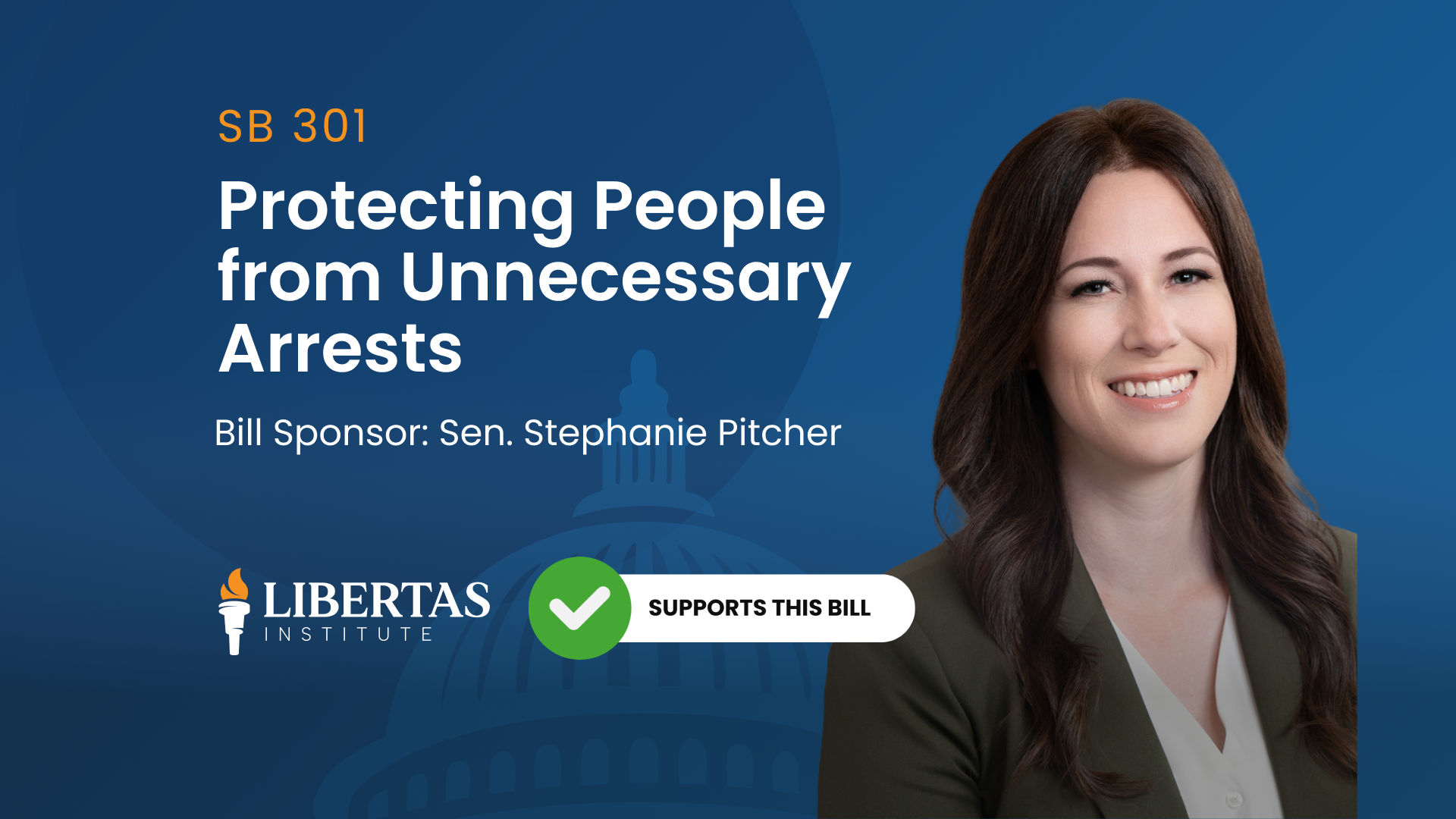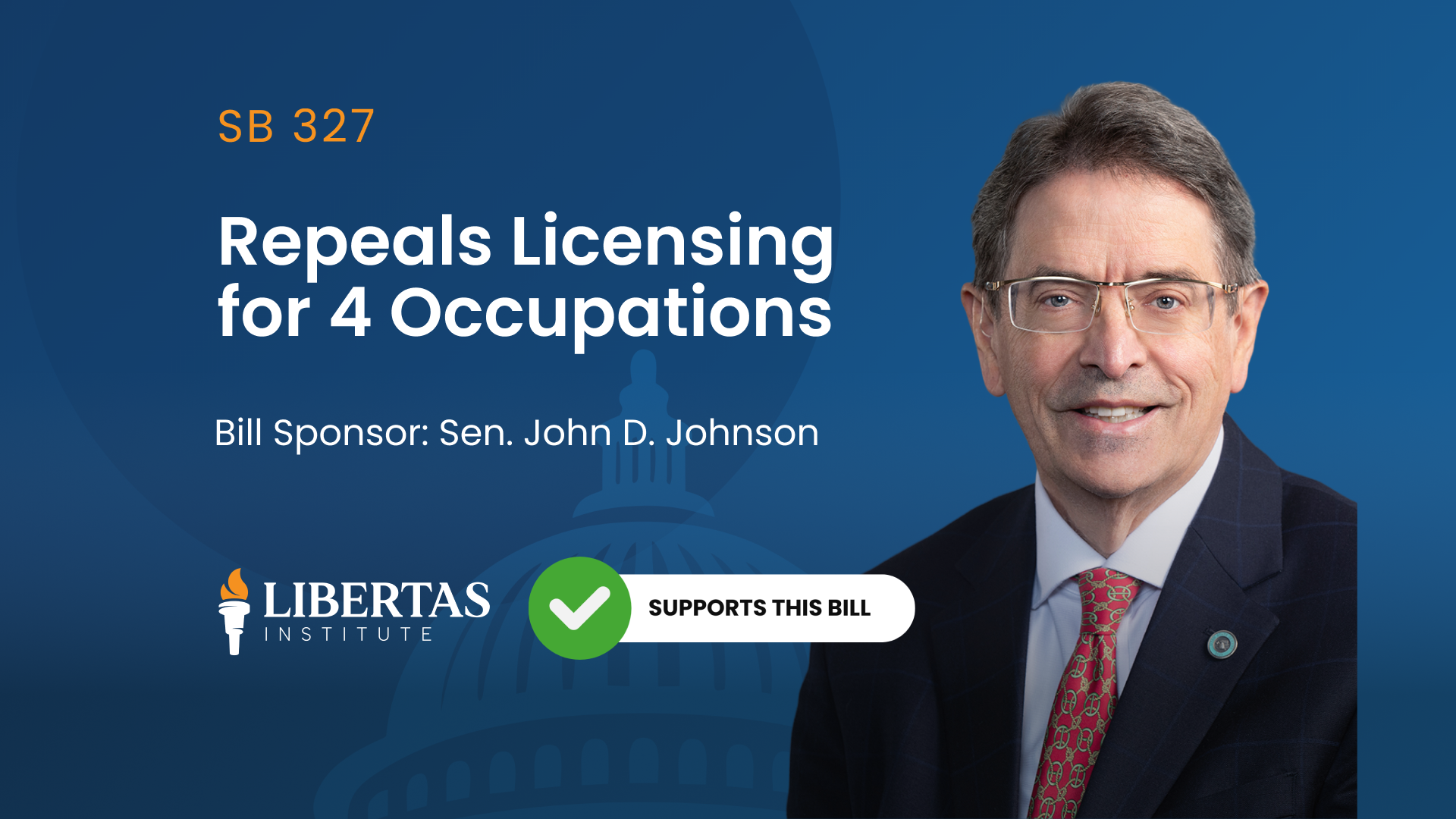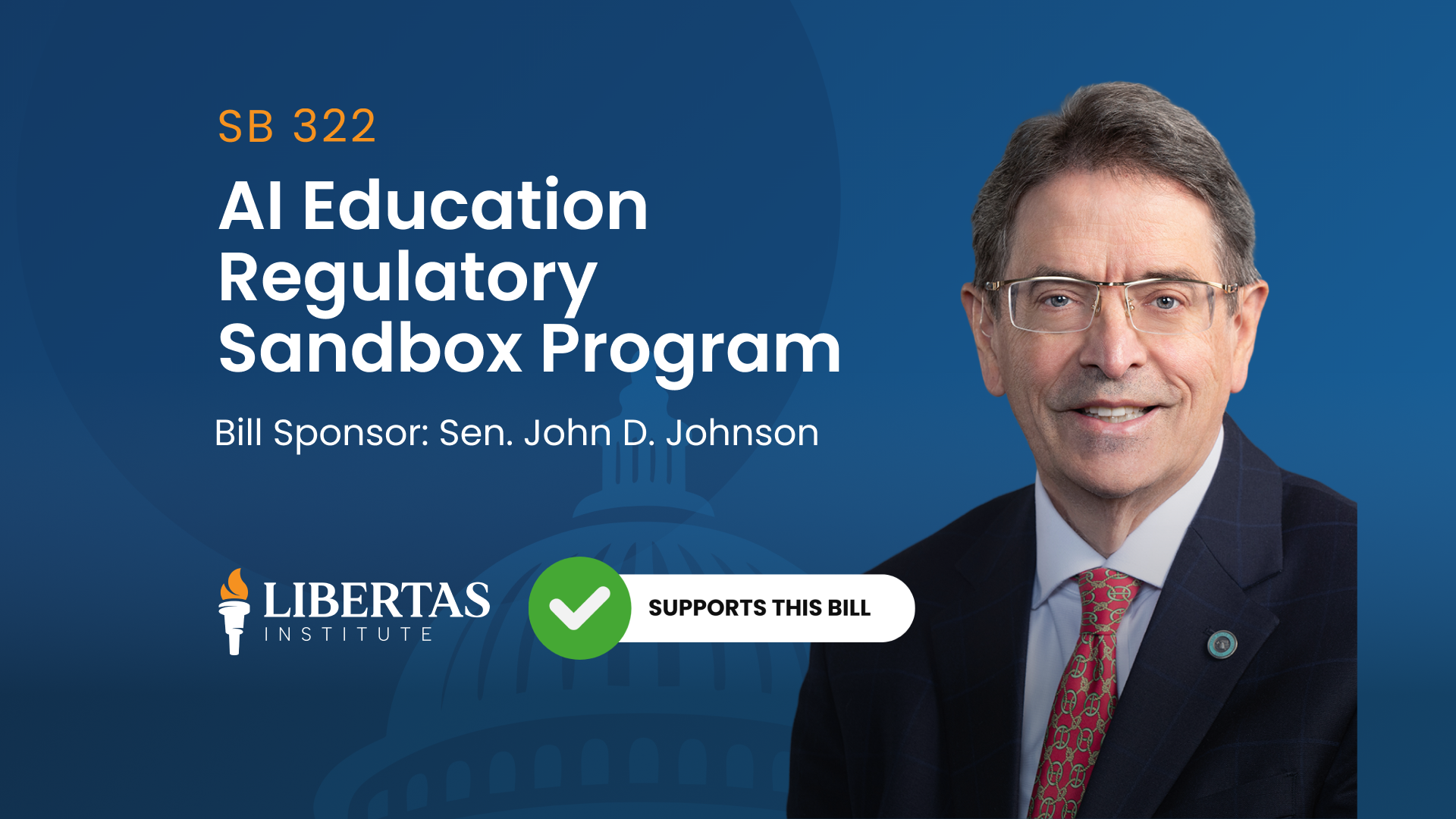This bill passed the House 73-0 and did not receive a vote in the Senate.
Libertas Institute supports this bill
Too often, up-and-coming business ideas face the full force of regulatory control, especially when an idea challenges an outdated business model. Peer-to-peer car-sharing platforms are no exception. Some have wanted to wrongly classify them as rental car companies and force platforms to pay a pretty penny in sales taxes. It escalated to the point where some car owners who signed up to share their vehicles were handed a $500 fine when their vehicles were used at local airports.
Unlike rental car companies, individuals sharing their vehicles on these platforms normally pay sales taxes when they originally purchased the vehicle. These everyday people who are just trying to be creative with a sitting asset to earn money on the side don’t have the benefit of sales tax exemptions their legacy competitors do to offset rental taxes.
The solution offered by Representative Robert Spendlove, House Bill 300, proposes taxing peer-to-peer car-sharing companies as distinct entities while exempting them from the taxes and fees imposed on rental car companies. As long as an individual pays their sales taxes in full, upfront, at the time of purchase, they don’t need to worry about collecting sales taxes on peer-to-peer car-sharing platforms. This is a positive step toward showing Utah is open to innovation and correcting the tarnished image presented to vehicle-centric platforms like Uber, Lyft, and Turo.




